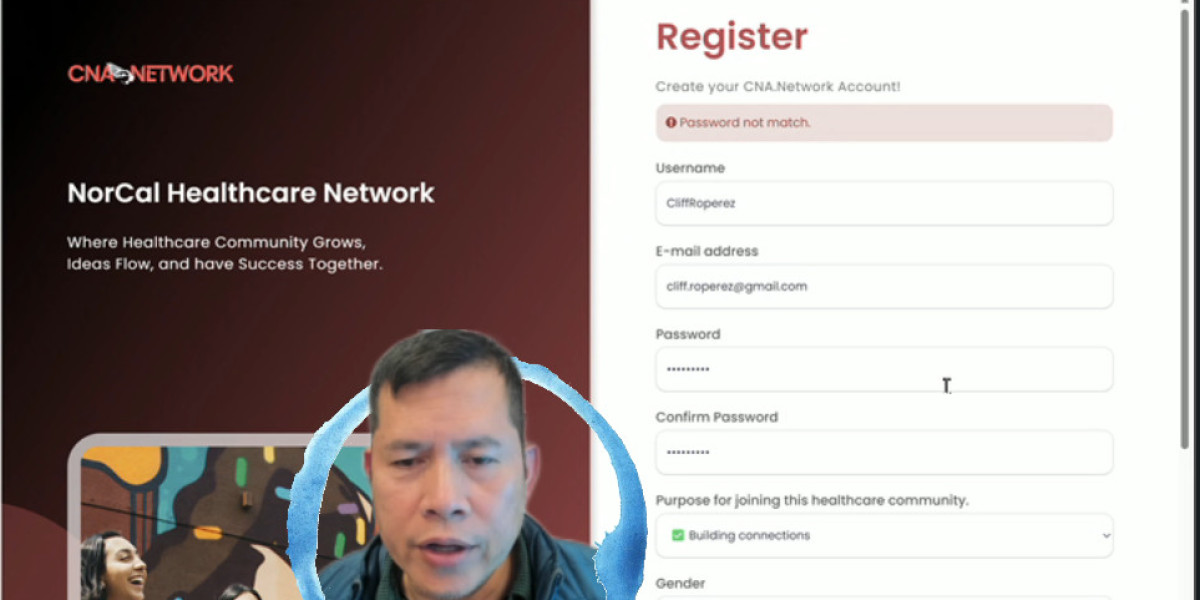
Mental Health Assessment for Teens: A Comprehensive Guide
Mental health is an important aspect of overall well-being, especially during teenage years, a time defined by substantial physical, psychological, and social changes. As teens navigate through this troubled period, mental health assessments play a necessary function in recognizing issues early and helping with suitable interventions. This short article delves into the value of mental health assessments for teens, the approaches utilized, and what caregivers and professionals need to know.
Understanding Mental Health Assessments
A Mental health Assessment for teens [https://Www.sheridangamlin.top/] health assessment is a methodical process to evaluate a person's mental health status. For teens, these assessments can assist determine numerous mental health issues, consisting of anxiety disorders, depression, attention-deficit/hyperactivity disorder (ADHD), and more.

Factors for Conducting Mental Health Assessments in Teens
- Early Detection of Mental Health Issues: Detecting concerns before they escalate can lead to more reliable treatment.
- Guiding Treatment Plans: Assessments offer structured information important for developing personalized treatment strategies.
- Monitoring Progress: Regular assessments help in tracking the effectiveness of treatments and modifications if essential.
- Promoting Awareness: Engaging in mental health conversations motivates teens to express their ideas and feelings.
Components of a Mental Health Assessment
A comprehensive mental health assessment normally includes the following components:
1. Clinical Interviews
A professional carries out one-on-one interviews, inquiring about the teen's ideas, sensations, behaviors, and experiences. This assists in a conversation where the expert can determine the teen's mental state.
2. Self-Report Questionnaires
Teens may complete standardized questionnaires that examine various mental health domains. These tools are important for measuring signs and their intensity.
3. Behavioral Observations
Experts may observe a teenager's interactions, habits patterns, and reactions in various settings, which can supply crucial insight into their mental health.
4. Household Interviews
A relative's point of view can help professionals understand the teenager's environment, including prospective stressors or supportive elements within the home.
5. Evaluation of Previous Evaluations
If a teen has undergone assessments before, evaluating previous assessments helps provide a more comprehensive view of their mental health journey.
Approaches of Mental Health Assessment
Various validated tools and techniques can help professionals perform mental health assessments for teens. Below are some frequently used techniques:
Standardized Assessment Tools
| Tool Name | Description | Age Range |
|---|---|---|
| Beck Depression Inventory (BDI) | Measures symptoms of depression. | 13 years and older |
| State-Trait Anxiety Inventory (STAI) | Assesses anxiety levels-- both state and quality. | 14 years and older |
| Kid Behavior Checklist (CBCL) | Evaluates behavioral and psychological issues. | 6 to 18 years |
| Conners 3rd Edition (Conners 3) | Focuses on ADHD and related disorders. | 6 to 18 years |
Oral Assessment Tools
- Clinical Global Impression (CGI): Evaluates the severity of health problem and improvement with time.
- Diagnostic and Statistical Manual of Mental Disorders (DSM-5) Criteria: Uses recognized diagnostic requirements to classify disorders.
The Role of Parents and Caregivers
Parents and caretakers play a crucial role in the mental health assessment process. Here's how they can contribute:
- Open Communication: Encourage teens to express their feelings without judgment.
- Active Participation: Attend visits and share observations and worry about specialists.
- Education: Learning about mental health can assist caretakers better understand their teenager's difficulties.
- Support: Providing emotional support in the house reduces tension and promotes a loving environment.
Often Asked Questions (FAQs)
1. What should I expect during a mental health assessment for my teenager?
The assessment will usually involve interviews, questionnaires, and perhaps observations. It focuses on understanding your teenager's emotional and behavioral state.
2. At what age should a teenager begin mental health assessments?
There is no definitive age, however assessments are typically encouraged beginning from early teenage years (e.g., 12 years of ages), particularly if there are visible behavioral or psychological modifications.
3. For how long does a mental health assessment take?
Assessments normally last in between 1 to 2 hours, depending on the approaches used and the intricacy of the case.
4. Will my teen have to take medication after the assessment?
Not always. The assessment's primary goal is to comprehend your teenager's mental health. Treatment alternatives can differ widely, including therapy, lifestyle modifications, or medication, depending upon the assessment result.
5. Can I promote for my teen's mental health assessment?
Definitely! Moms and dads and caregivers must feel empowered to demand assessments or resources if they believe their teen is having a hard time.
Mental health assessments for teens are necessary tools that contribute significantly to recognizing and managing mental health concerns early in life. By understanding the elements and approaches of such assessments, parents and caretakers can promote for their teens effectively, supporting their journey towards mental well-being. Making sure that the ideal resources and support group remain in place is key to promoting a healthy adolescent experience. Early intervention, combined with suitable care, can set the foundation for a positive future for teens as they transition into the adult years.








